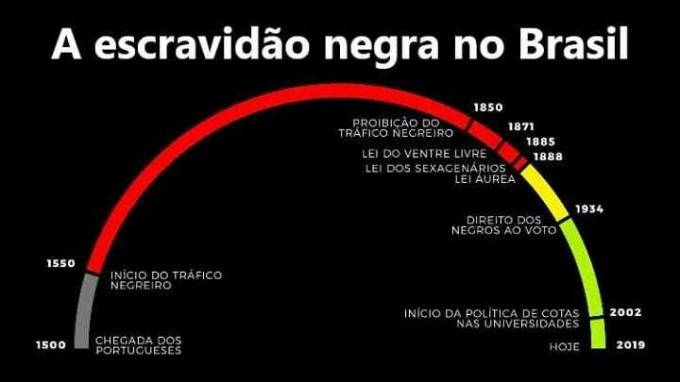Theology is the study of the existence of God, of questions relating to the knowledge of divinity, as well as of his relationship with the world and with men. From the Greek “theos” (god, a term used in the ancient world to name beings with powers beyond human capacity) + “logos” (word that reveals), by extension “logia” (study).
Theology studies religions in a historical context, researching and interpreting phenomena and religious traditions, sacred texts, doctrine, dogma and morals and their influence in different areas of knowledge, especially in the human sciences, such as anthropology and Sociology.
The concept of theology first appears in Greek thought, through Plato, in the dialogue “The Republic” to refer to the understanding of the divine nature through reason, as opposed to the literary understanding proper to poetry, made by its fellow countrymen.
systematic theology
Systematic Theology is the organization of theology into different themes, following theological facts, in order to form a specific system of study: Self – study of God the Father. Christology – study of God the Son, the Lord Jesus Christ. Pneumatology – study of Espírito Santo. Bibliology – study of the Bible. Ecclesiology – study of churches. Angelology – study of angels. Soteriology – study of salvation. Hamartiology - study of sin. Eschatology - study of the end of time. Christian anthropology – study of humanity. Demonology – study of demons from their Christian perspective.
liberation theology
Liberation Theology is a humanist theological current, founded by the Peruvian priest Gustavo Gutierrez, which seeks interpret the Bible through the suffering of the poor and the struggle for the liberation of Christian communities from the social injustices.
With Marxist tendencies, Liberation Theology, practiced by the bishops and priests of Latin America, was criticized by the Catholic hierarchy, for supporting violent revolutions and class struggles. In Brazil, theologian Leonardo Boff, a great defender of Liberation Theology, was known for his defense of social causes.
Prosperity Theology
Prosperity Theology, also known as “Positive Confessions” or “Gospel of Health and Prosperity”, is a set of principles that seeks to interpretation of biblical texts to make the faithful understand that God has health and material blessings to deliver to the people. have faith.
The basic ideas of “positive confession” arose from some syncretic sects in the United States at the beginning of the 20th century. Based on metaphysics, it teaches that the true reality is beyond the physical realm and that the human mind can control the spiritual sphere, especially with regard to the cure of illnesses.
Prosperity theology was created by American pastor Essek William Kenyon, disseminated by Kenneth Hagin and adopted by neo-Pentecostal churches, inserted in the group of evangelical religions, among them the International of the Grace of God, Universal of the Kingdom of God, Reborn in Christ and the world Church of the Power of God.
Reformed Theology
Reformed theology is the theology that establishes any belief system that traces its roots to the Reformation. A 16th-century Protestant, in the work of Calvin and other reformers, as well as in the documents produced in this time course. It is not a uniform theology, but it has different manifestations. It brings together the Presbyterian churches and many Congregational churches, Baptists, among others.
contemporary theology
Contemporary Theology is the theology of present times. It appeared in the beginning of the 20th century, with Pastor Karl Barth, in an attempt to recover the nature and meaning of the Bible as a standard of faith and practice in the church. It is the study of God in the current context and the evolution of dogmas and thoughts formed about biblical doctrines in the context in which we are inserted.
Contemporary Theology has been influenced by several other theological trends, including: a Biblical Theology, Catholic Theology, Protestant Theology, Natural Theology and Theology Speculative.
According to the directions it takes, Contemporary Theology receives several designations, including: Modernist Theology, Neomodernist Theology, Theology of Hope and Social Gospel Theology.
See too
- Metaphysics


